 BC’s Premier and forest industry leaders demand Ottawa treat lumber tariffs as a national priority. In related news: Gorman’s Nick Arkle is pushing for “equal treatment”; BC Conservatives say “BC should get tougher”; The Conversation argues that tariffs won’t drive much US investment, and Realtor.com and the Wall Street Journal focus on rising lumber and homebuilding costs.
BC’s Premier and forest industry leaders demand Ottawa treat lumber tariffs as a national priority. In related news: Gorman’s Nick Arkle is pushing for “equal treatment”; BC Conservatives say “BC should get tougher”; The Conversation argues that tariffs won’t drive much US investment, and Realtor.com and the Wall Street Journal focus on rising lumber and homebuilding costs.
In other news: Canadian Forest Owners support carbon storage research; Ontario launches Boreal Springboard to grow the sector; BC First Nations push to reshape forestry; and the University of Idaho has a new Forest Innovations Institute. Meanwhile: six UBC forestry faculty receive Canada Foundation for Innovation awards; UBC’s Malcolm Knapp Research Forest is recognized by the CIF; registration opens for the TLA’s 81st convention; and the latest market news from Canada Wood.
Finally, how China’s pulp and paper overcapacity is reshaping global competitiveness.
Kelly McCloskey, Tree Frog News Editor
 Canada’s forest sector
Canada’s forest sector
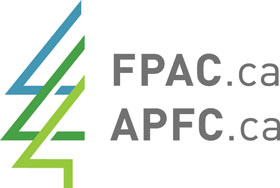 The Forest Products Association of Canada (FPAC) is extremely frustrated and deeply concerned by the U.S. government’s decision to impose Section 232 tariffs on Canadian softwood lumber and derivative products. These unjustified measures, which take effect today, threaten the livelihoods of more than 200,000 Canadians and the stability of hundreds of towns and cities that rely on a strong forest sector. “For eight years, forest workers and communities across Canada have borne the brunt of increasing duties—now exceeding 45 percent with the addition of these new tariffs,” said Derek Nighbor, President and CEO of FPAC. “These are punitive, protectionist measures with no basis in fact. They ignore decades of evidence that Canadian lumber strengthens, rather than threatens, U.S. national security and economic resilience.” Targeting responsibly managed, sustainably sourced Canadian wood products under the pretense of national security is both unjustified and deeply damaging. These actions undermine one of the most integrated, mutually beneficial trade relationships in the world, increasing costs for American families and homebuilders while jeopardising Canadian mills and workers.
The Forest Products Association of Canada (FPAC) is extremely frustrated and deeply concerned by the U.S. government’s decision to impose Section 232 tariffs on Canadian softwood lumber and derivative products. These unjustified measures, which take effect today, threaten the livelihoods of more than 200,000 Canadians and the stability of hundreds of towns and cities that rely on a strong forest sector. “For eight years, forest workers and communities across Canada have borne the brunt of increasing duties—now exceeding 45 percent with the addition of these new tariffs,” said Derek Nighbor, President and CEO of FPAC. “These are punitive, protectionist measures with no basis in fact. They ignore decades of evidence that Canadian lumber strengthens, rather than threatens, U.S. national security and economic resilience.” Targeting responsibly managed, sustainably sourced Canadian wood products under the pretense of national security is both unjustified and deeply damaging. These actions undermine one of the most integrated, mutually beneficial trade relationships in the world, increasing costs for American families and homebuilders while jeopardising Canadian mills and workers.
 Prime Minister Mark Carney said Canadian and American officials are currently “negotiating terms” of a deal on tariffs a day after he met with the U.S. president to try and bring the trade war to a close — and Canada will come out ahead when the two sides come to an agreement. Speaking in question period … about what he accomplished out of his Oval Office sit-down with U.S. President Donald Trump, Carney said Canada already “has the best deal with the Americans” — most products are still being sold into the U.S. tariff-free despite Trump’s trade action — and “we will get an even better deal.” …Conservative Leader Pierre Poilievre said Carney “pathetically” offered up “a trillion-dollar gift” to Trump when speaking with the president, and it was an instance of him “bowing before the president in weakness.” …Daniel Smith said Carney is developing a rapport with the president…
Prime Minister Mark Carney said Canadian and American officials are currently “negotiating terms” of a deal on tariffs a day after he met with the U.S. president to try and bring the trade war to a close — and Canada will come out ahead when the two sides come to an agreement. Speaking in question period … about what he accomplished out of his Oval Office sit-down with U.S. President Donald Trump, Carney said Canada already “has the best deal with the Americans” — most products are still being sold into the U.S. tariff-free despite Trump’s trade action — and “we will get an even better deal.” …Conservative Leader Pierre Poilievre said Carney “pathetically” offered up “a trillion-dollar gift” to Trump when speaking with the president, and it was an instance of him “bowing before the president in weakness.” …Daniel Smith said Carney is developing a rapport with the president…
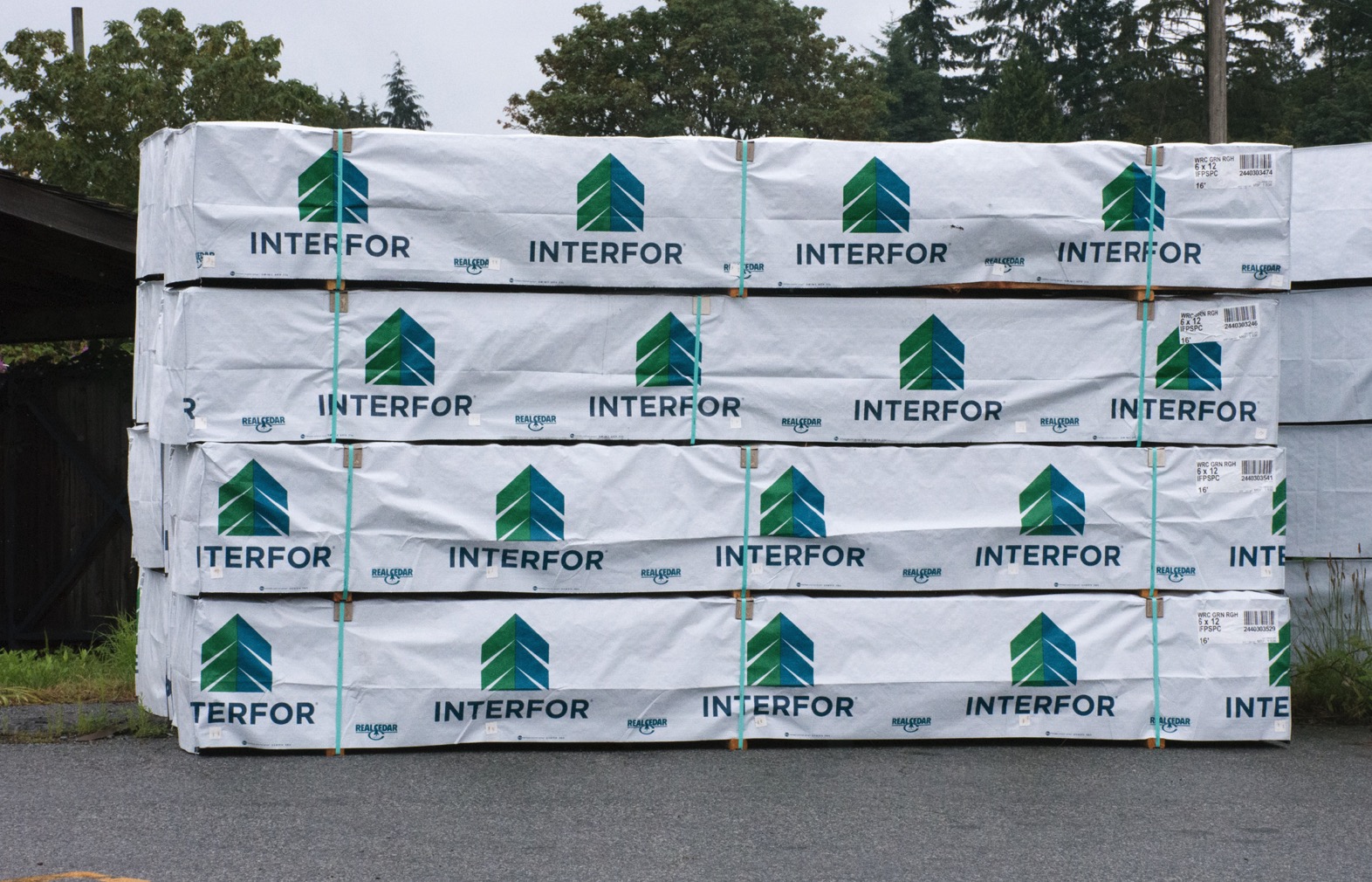 Plans to institute an “extended maintenance shutdown” of the Interfor lumber mill in Grand Forks is not a permanent shutdown, according to the company. On Sept. 4 Interfor Corporation announced plans to reduce its lumber production by approximately 145 million board feet at all operations between September and December of 2025, representing approximately 12 per cent of its normal output. The temporary curtailments will be through a combination of reduced operating hours, prolonged holiday breaks, reconfigured shifting schedules and extended maintenance shut-downs. The curtailments are expected to impact all of Interfor’s operating regions, with both the Canadian and U.S. operations expected to reduce their production levels by approximately 12 per cent each. “The curtailments are in response to persistently weak market conditions and ongoing economic uncertainty,” read a statement from the company.
Plans to institute an “extended maintenance shutdown” of the Interfor lumber mill in Grand Forks is not a permanent shutdown, according to the company. On Sept. 4 Interfor Corporation announced plans to reduce its lumber production by approximately 145 million board feet at all operations between September and December of 2025, representing approximately 12 per cent of its normal output. The temporary curtailments will be through a combination of reduced operating hours, prolonged holiday breaks, reconfigured shifting schedules and extended maintenance shut-downs. The curtailments are expected to impact all of Interfor’s operating regions, with both the Canadian and U.S. operations expected to reduce their production levels by approximately 12 per cent each. “The curtailments are in response to persistently weak market conditions and ongoing economic uncertainty,” read a statement from the company.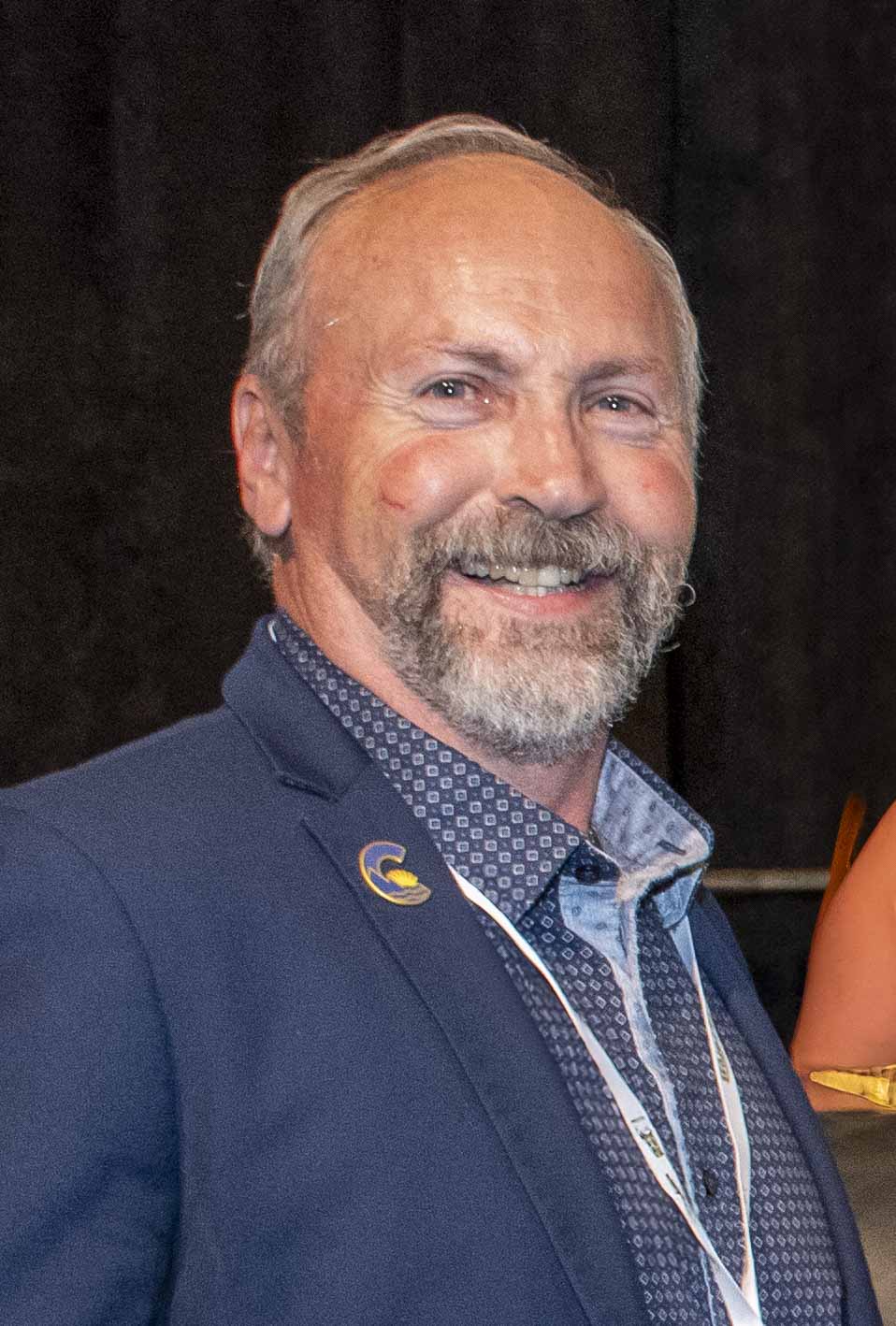
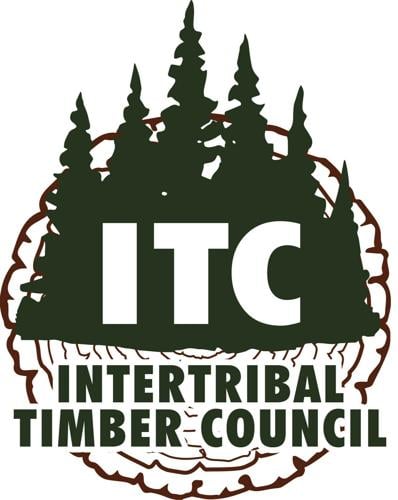
 From October 14, wooden furniture exported to the United States will continue to be subject to a new import tariff of up to 25 percent. This has come as a “shock” at a time when enterprises are accelerating production, raising concerns over the feasibility of maintaining Vietnam’s 2025 wood export targets. In the long term, aside from adapting to frequently changing tariff policies, enterprises in the wood industry are working to improve product quality. Expanding markets and building the Vietnamese wood brand are considered key solutions for the sector’s sustainable development. On September 29, U.S. President Donald Trump signed a decree imposing a 25 percent tariff on wooden furniture, effective from October 14. The tariff rate may increase to 50 percent for dressing tables and kitchen cabinets, and 30 percent for upholstered products early next year. This move is regarded as a “shock” to Vietnam’s wood industry.
From October 14, wooden furniture exported to the United States will continue to be subject to a new import tariff of up to 25 percent. This has come as a “shock” at a time when enterprises are accelerating production, raising concerns over the feasibility of maintaining Vietnam’s 2025 wood export targets. In the long term, aside from adapting to frequently changing tariff policies, enterprises in the wood industry are working to improve product quality. Expanding markets and building the Vietnamese wood brand are considered key solutions for the sector’s sustainable development. On September 29, U.S. President Donald Trump signed a decree imposing a 25 percent tariff on wooden furniture, effective from October 14. The tariff rate may increase to 50 percent for dressing tables and kitchen cabinets, and 30 percent for upholstered products early next year. This move is regarded as a “shock” to Vietnam’s wood industry.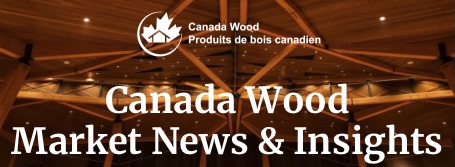 The October newsletter includes these headlines and more:
The October newsletter includes these headlines and more:








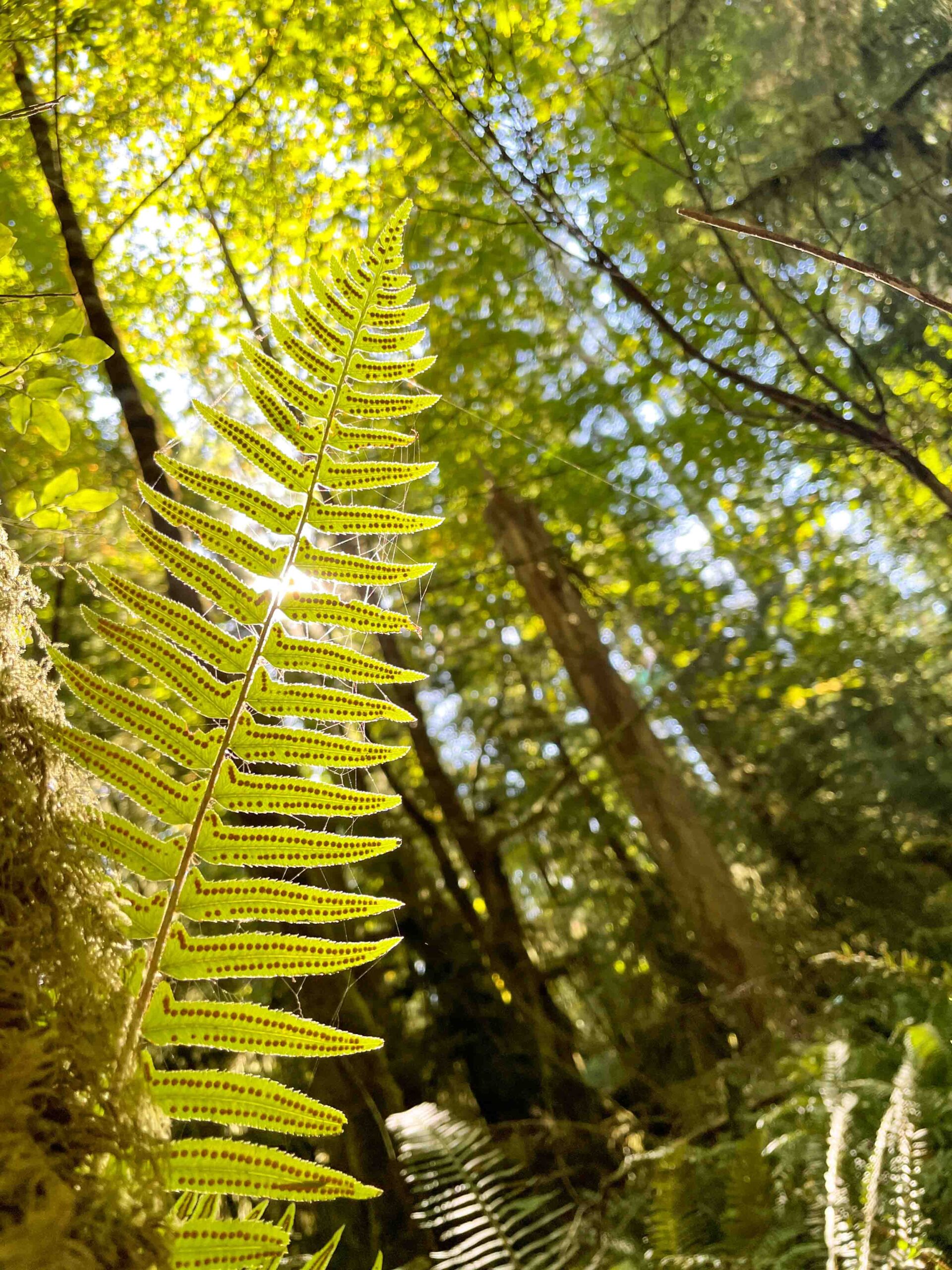 At the Kelsey Bay log sort near the town of Sayward, B.C., pulverized cedar bark [is] evidence of the millions of trees that departed from here, never to return. “We’ve seen our territories decimated,” Wei Wai Kum Chief Christopher Roberts explains. Behind him, five freshly cut, old-growth cedars line the warming pavement. These trees, Roberts says, help explain why the nation is here today. …nations are claiming sizable stakes in an industry that has long excluded them. Wei Wai Kum is one of four First Nations to purchase a $36-million stake in La-kwa sa mukw Forestry Partnership, a joint operation with logging company Western Forest Products Ltd. Their partnership came after companies agreed to leave canoe-carving trees in their communities. A sign, for Roberts, that the industry was willing to change. …Now … First Nations’ tenure opportunities have exploded as B.C.’s biggest forest companies sell off major parts of their long-held licences.
At the Kelsey Bay log sort near the town of Sayward, B.C., pulverized cedar bark [is] evidence of the millions of trees that departed from here, never to return. “We’ve seen our territories decimated,” Wei Wai Kum Chief Christopher Roberts explains. Behind him, five freshly cut, old-growth cedars line the warming pavement. These trees, Roberts says, help explain why the nation is here today. …nations are claiming sizable stakes in an industry that has long excluded them. Wei Wai Kum is one of four First Nations to purchase a $36-million stake in La-kwa sa mukw Forestry Partnership, a joint operation with logging company Western Forest Products Ltd. Their partnership came after companies agreed to leave canoe-carving trees in their communities. A sign, for Roberts, that the industry was willing to change. …Now … First Nations’ tenure opportunities have exploded as B.C.’s biggest forest companies sell off major parts of their long-held licences. 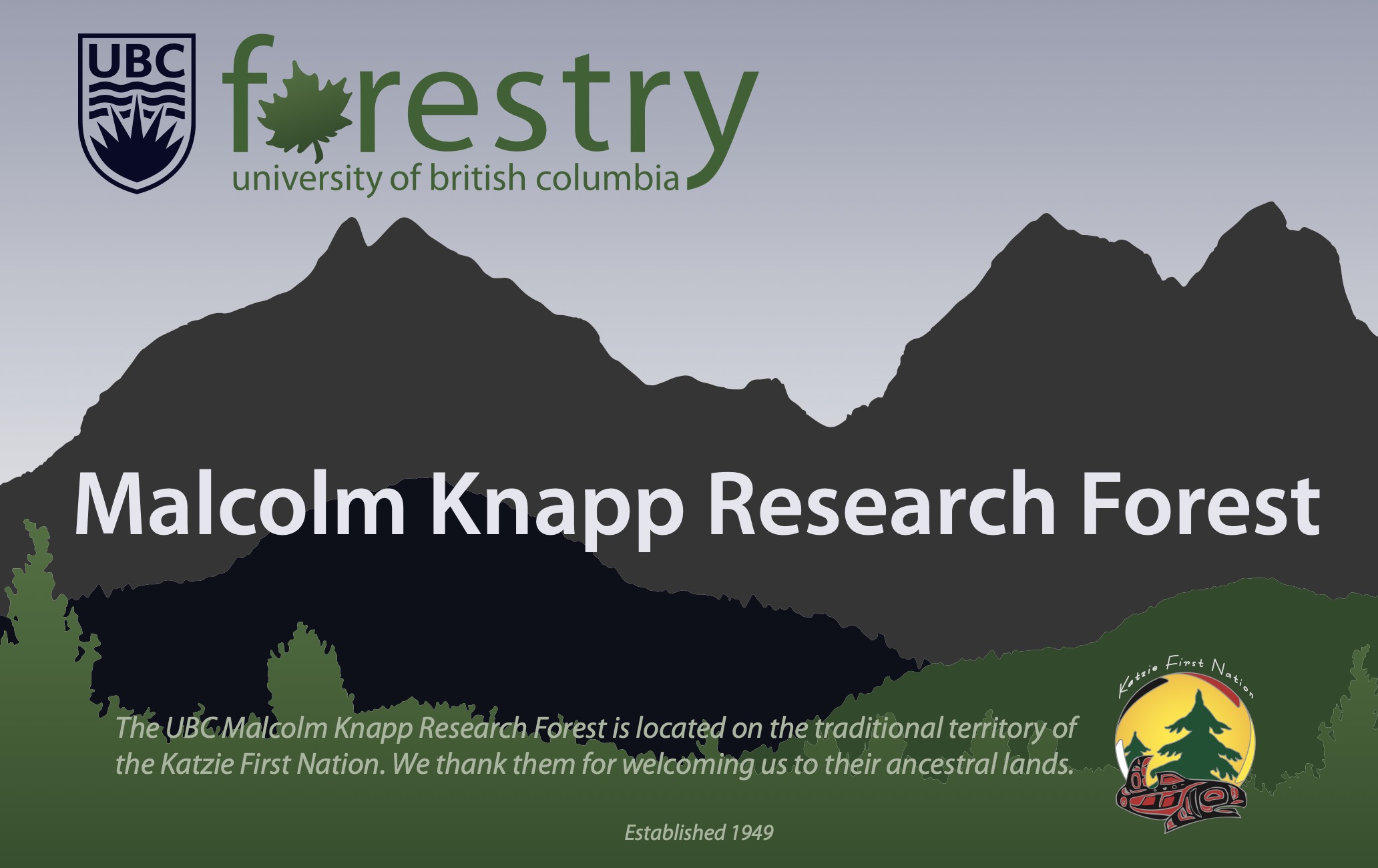 Maple Ridge’s greenery is being recognized and awarded on a national scale. Malcolm Knapp Research Forest is one of two forests operated by the University of B.C. (UBC) that was recently acknowledged with a Canadian Institute of Forestry – Canadian Forest Management Group Achievement Award. …The award recognizes outstanding achievements by teams of managers in the field of natural resource management in Canada, and the local forest was praised for its “pivotal role” in advancing forest education, research, and management across B.C. and beyond, explained Helene Marcoux, local research forest director who was on hand for the recent awards presentation. …Through the coordination of more than 1,400 research projects and the delivery of experiential learning programs to thousands of students and professionals, the research forests have significantly shaped forest policy, sustainable management practices, and public understanding of forestry, said presenters of the national awards.
Maple Ridge’s greenery is being recognized and awarded on a national scale. Malcolm Knapp Research Forest is one of two forests operated by the University of B.C. (UBC) that was recently acknowledged with a Canadian Institute of Forestry – Canadian Forest Management Group Achievement Award. …The award recognizes outstanding achievements by teams of managers in the field of natural resource management in Canada, and the local forest was praised for its “pivotal role” in advancing forest education, research, and management across B.C. and beyond, explained Helene Marcoux, local research forest director who was on hand for the recent awards presentation. …Through the coordination of more than 1,400 research projects and the delivery of experiential learning programs to thousands of students and professionals, the research forests have significantly shaped forest policy, sustainable management practices, and public understanding of forestry, said presenters of the national awards.


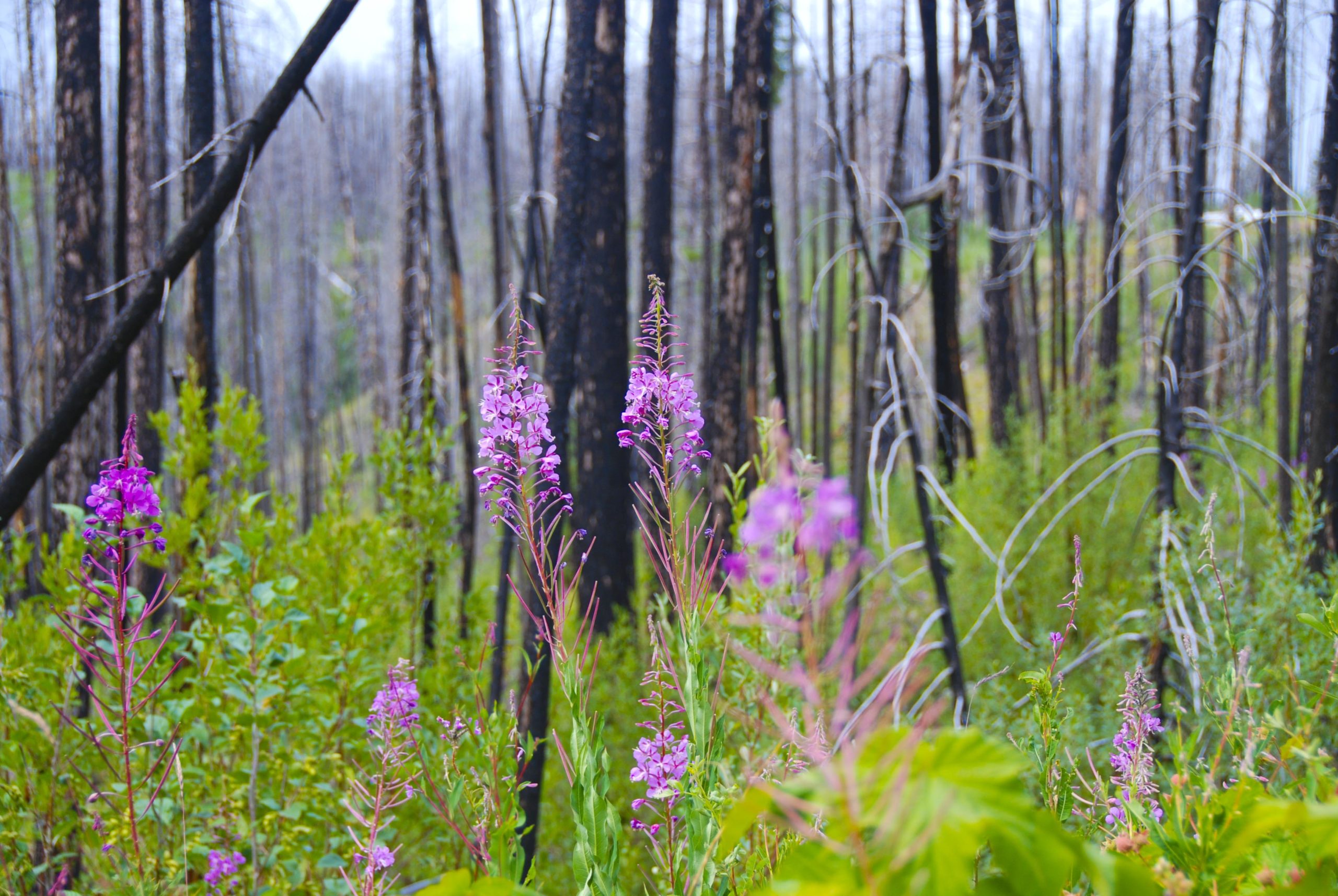 Wildfire is part of the natural lifecycle of a forest; but as Manitoba continues to battle the embers of its most devastating fire season in more than 30 years, its leaders are starting to consider a more active role in managing this critical resource to stave off the flames. In early October, as more than 70 wildland fires still smouldered across the province, Premier Wab Kinew and a handful of cabinet ministers released Manitoba’s first all-encompassing plan to slash carbon emissions in the next 25 years. Among the promised initiatives was a
Wildfire is part of the natural lifecycle of a forest; but as Manitoba continues to battle the embers of its most devastating fire season in more than 30 years, its leaders are starting to consider a more active role in managing this critical resource to stave off the flames. In early October, as more than 70 wildland fires still smouldered across the province, Premier Wab Kinew and a handful of cabinet ministers released Manitoba’s first all-encompassing plan to slash carbon emissions in the next 25 years. Among the promised initiatives was a  NANAIMO, B.C. – Mosaic Forest Management addressed community concerns about alternative road access following an incident on October 5th that halted safety work at the Bamfield Main Road worksite. The Ministry of Transportation and Transit has assumed control of the Bamfield Main Road repairs under Section 8 of the Transportation Act, with Mosaic providing technical support. The project is targeted for completion by month’s end. The Brenner Main/Museum Main corridor … remains restricted to limited Mosaic crews and one industrial user with pre-existing access. …“We understand people are frustrated seeing what appears to be a drivable road,” said D’Arcy Henderson, Senior Vice President, Timberlands and Chief Operating Officer. “But we’ve identified dangerous trees and boulders that could fall at any time. Making the Brenner corridor safe for public use would require the same weeks of intensive work currently underway on Bamfield Main. We cannot split our resources and double the timeline.”
NANAIMO, B.C. – Mosaic Forest Management addressed community concerns about alternative road access following an incident on October 5th that halted safety work at the Bamfield Main Road worksite. The Ministry of Transportation and Transit has assumed control of the Bamfield Main Road repairs under Section 8 of the Transportation Act, with Mosaic providing technical support. The project is targeted for completion by month’s end. The Brenner Main/Museum Main corridor … remains restricted to limited Mosaic crews and one industrial user with pre-existing access. …“We understand people are frustrated seeing what appears to be a drivable road,” said D’Arcy Henderson, Senior Vice President, Timberlands and Chief Operating Officer. “But we’ve identified dangerous trees and boulders that could fall at any time. Making the Brenner corridor safe for public use would require the same weeks of intensive work currently underway on Bamfield Main. We cannot split our resources and double the timeline.”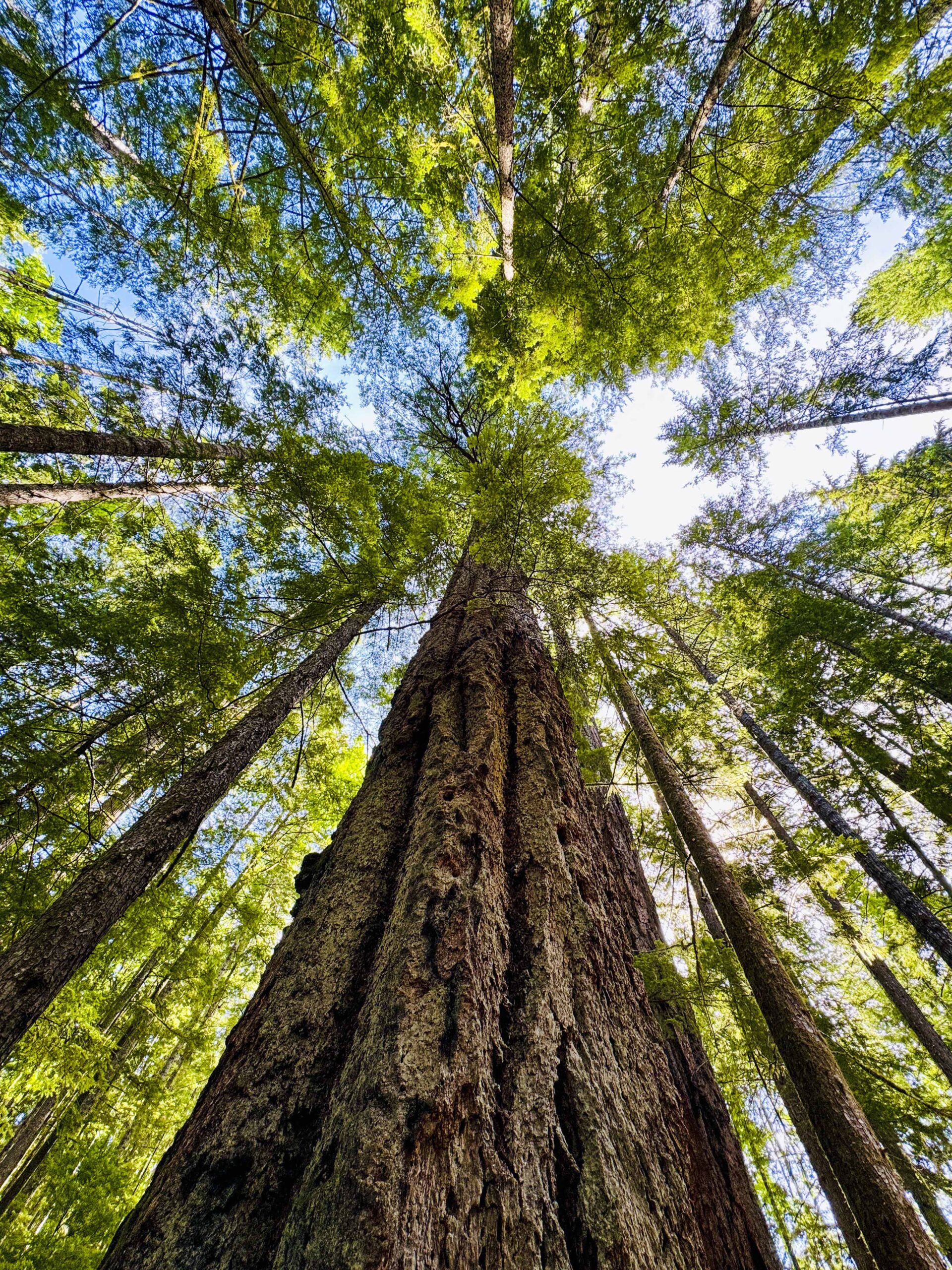 Last week, the Wildwood Ecoforest, located in Yellow Point just north of Ladysmith, got considerably closer to its original size. A successful campaign to raise $850,000 has allowed the
Last week, the Wildwood Ecoforest, located in Yellow Point just north of Ladysmith, got considerably closer to its original size. A successful campaign to raise $850,000 has allowed the 



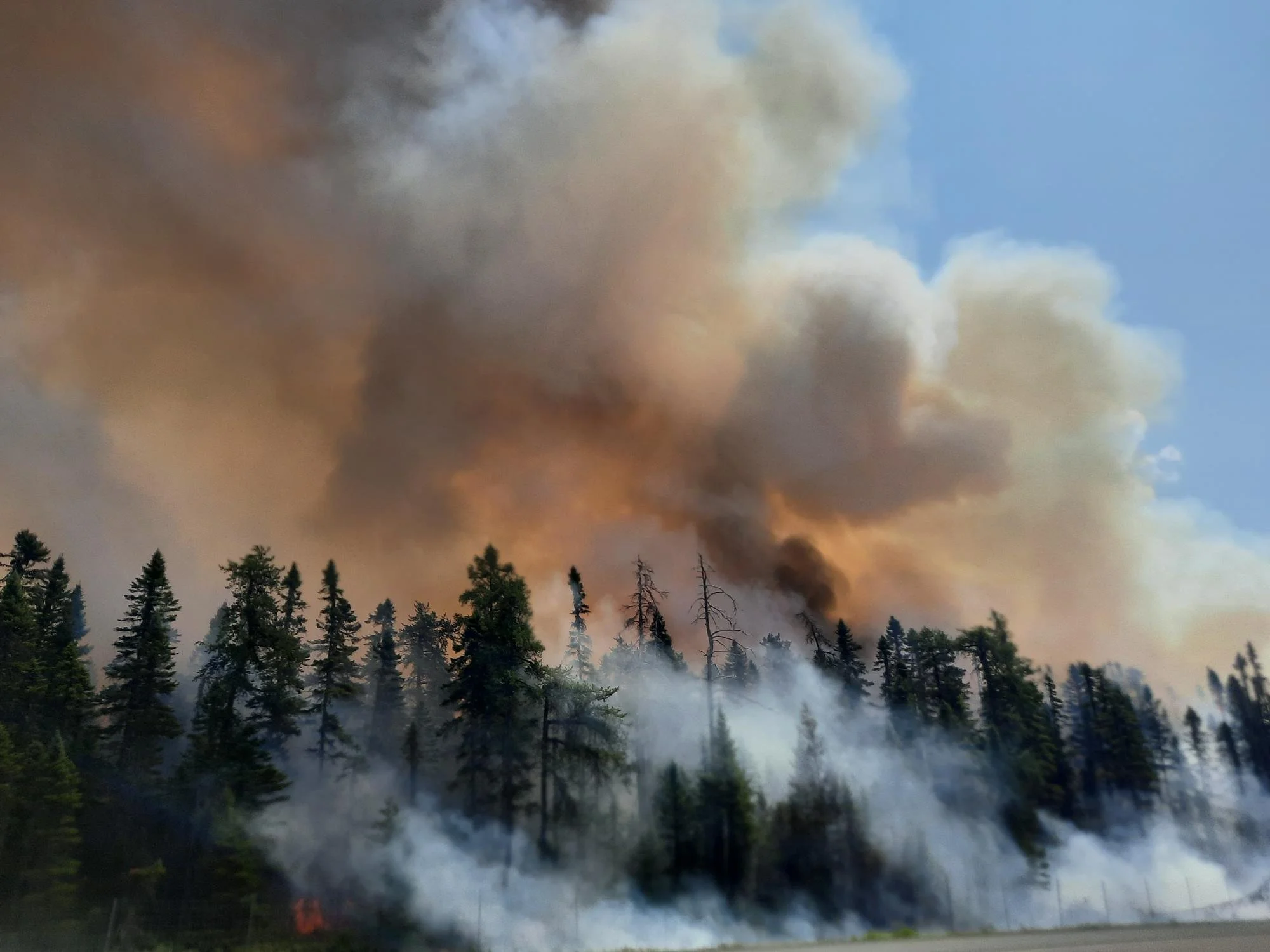
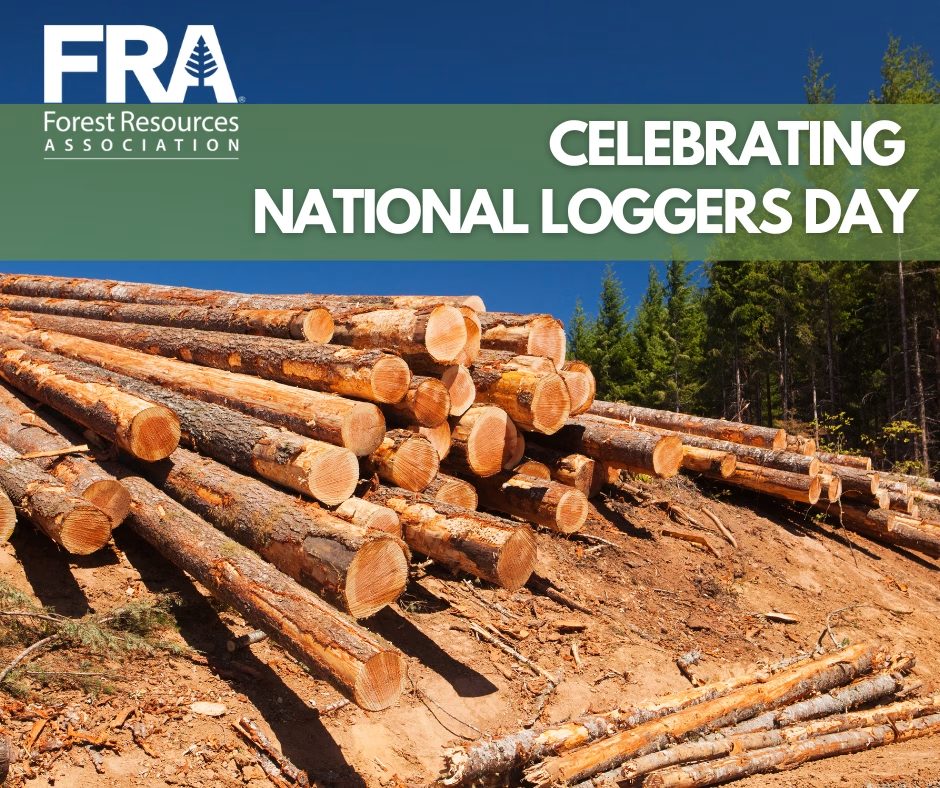
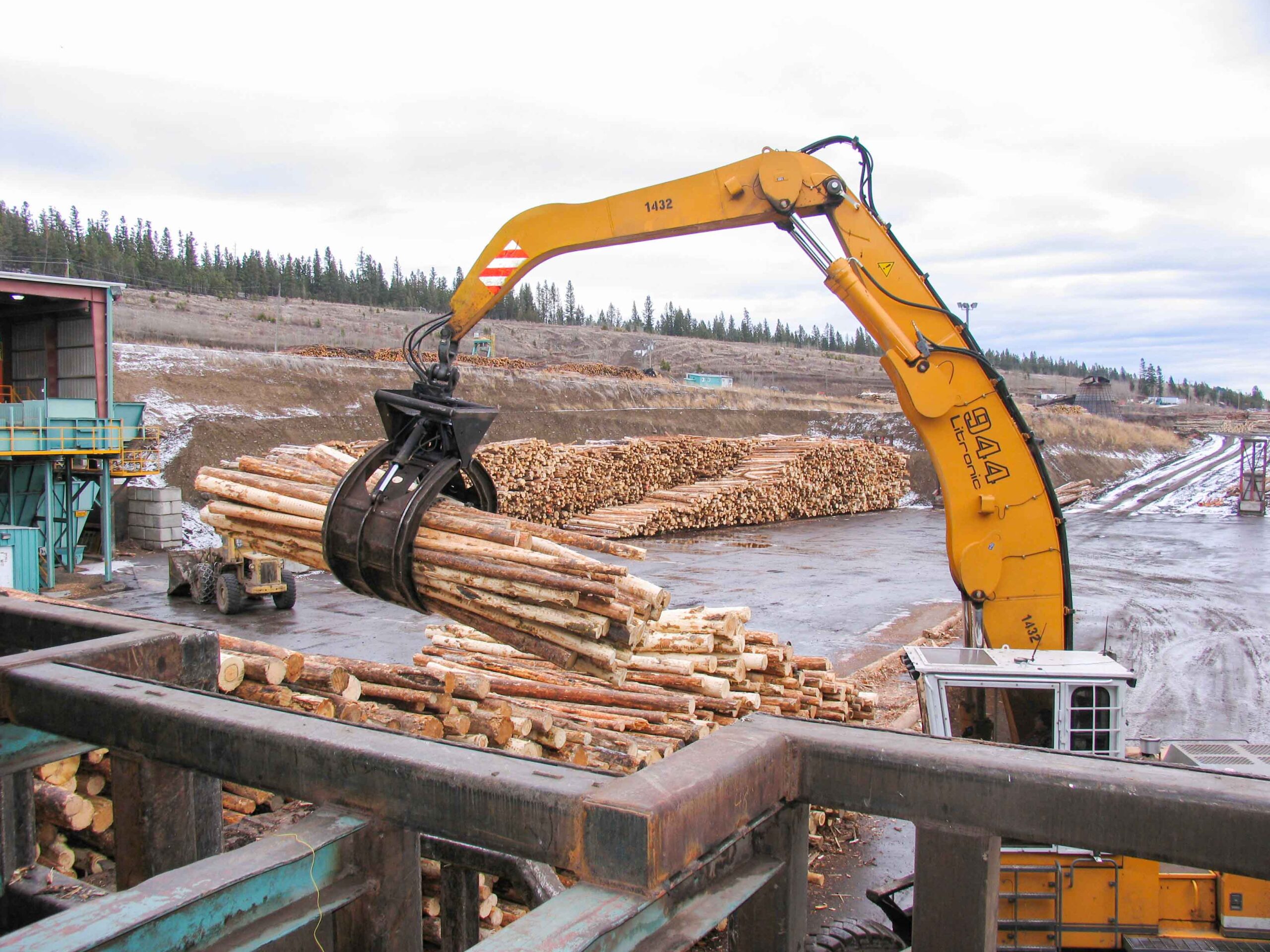 US civil society groups are urging the European Commission to resist Washington’s pressure to delay the EU’s deforestation regulation (EUDR) or tweak the rules to grant the country preferential treatment, according to a letter seen by Euractiv. The missive, sent this morning to Commission President Ursula von der Leyen and the Commissioners responsible for green rules, the economy and trade, warns against any backtracking. “We are particularly concerned by the Commission’s apparent willingness to offer the U.S. special treatment under the EUDR as part of ongoing EU-U.S. trade negotiations,” the letter reads. The organisations refer to the joint statement issued by Brussels and Washington in September, which labels the US as posing “negligible risk to global deforestation.” Rick Jacobsen, senior manager for commodities policy at the US NGO Environmental Investigation Agency, told Euractiv that US interests have “ramped up the pressure campaign” to weaken the law before it even comes into force.
US civil society groups are urging the European Commission to resist Washington’s pressure to delay the EU’s deforestation regulation (EUDR) or tweak the rules to grant the country preferential treatment, according to a letter seen by Euractiv. The missive, sent this morning to Commission President Ursula von der Leyen and the Commissioners responsible for green rules, the economy and trade, warns against any backtracking. “We are particularly concerned by the Commission’s apparent willingness to offer the U.S. special treatment under the EUDR as part of ongoing EU-U.S. trade negotiations,” the letter reads. The organisations refer to the joint statement issued by Brussels and Washington in September, which labels the US as posing “negligible risk to global deforestation.” Rick Jacobsen, senior manager for commodities policy at the US NGO Environmental Investigation Agency, told Euractiv that US interests have “ramped up the pressure campaign” to weaken the law before it even comes into force.

 In 2024, the Amazon Rainforest underwent its most devastating forest fire season in more than two decades. According to a new study by the European Commission’s Joint Research Centre, the fire-driven forest degradation released an estimated 791 million metric tons of carbon dioxide in 2024, a sevenfold increase compared with the previous two years. The carbon emissions from fires in 2024 surpassed those from deforestation for the first time on record. Brazil was the largest contributor, accounting for 61% of these emissions, followed by Bolivia with 32%, the study found. “The escalating fire occurrence, driven by climate change and unsustainable land use, threatens to push the Amazon towards a catastrophic tipping point,” the authors write. …The researchers estimated that the total emissions from deforestation and fire-driven degradation in the Amazon in 2024 was 1,416 million metric tons of CO2. This is higher than Japan’s CO2 emissions in 2022, which ranked fifth after China, the U.S., India and Russia.
In 2024, the Amazon Rainforest underwent its most devastating forest fire season in more than two decades. According to a new study by the European Commission’s Joint Research Centre, the fire-driven forest degradation released an estimated 791 million metric tons of carbon dioxide in 2024, a sevenfold increase compared with the previous two years. The carbon emissions from fires in 2024 surpassed those from deforestation for the first time on record. Brazil was the largest contributor, accounting for 61% of these emissions, followed by Bolivia with 32%, the study found. “The escalating fire occurrence, driven by climate change and unsustainable land use, threatens to push the Amazon towards a catastrophic tipping point,” the authors write. …The researchers estimated that the total emissions from deforestation and fire-driven degradation in the Amazon in 2024 was 1,416 million metric tons of CO2. This is higher than Japan’s CO2 emissions in 2022, which ranked fifth after China, the U.S., India and Russia.